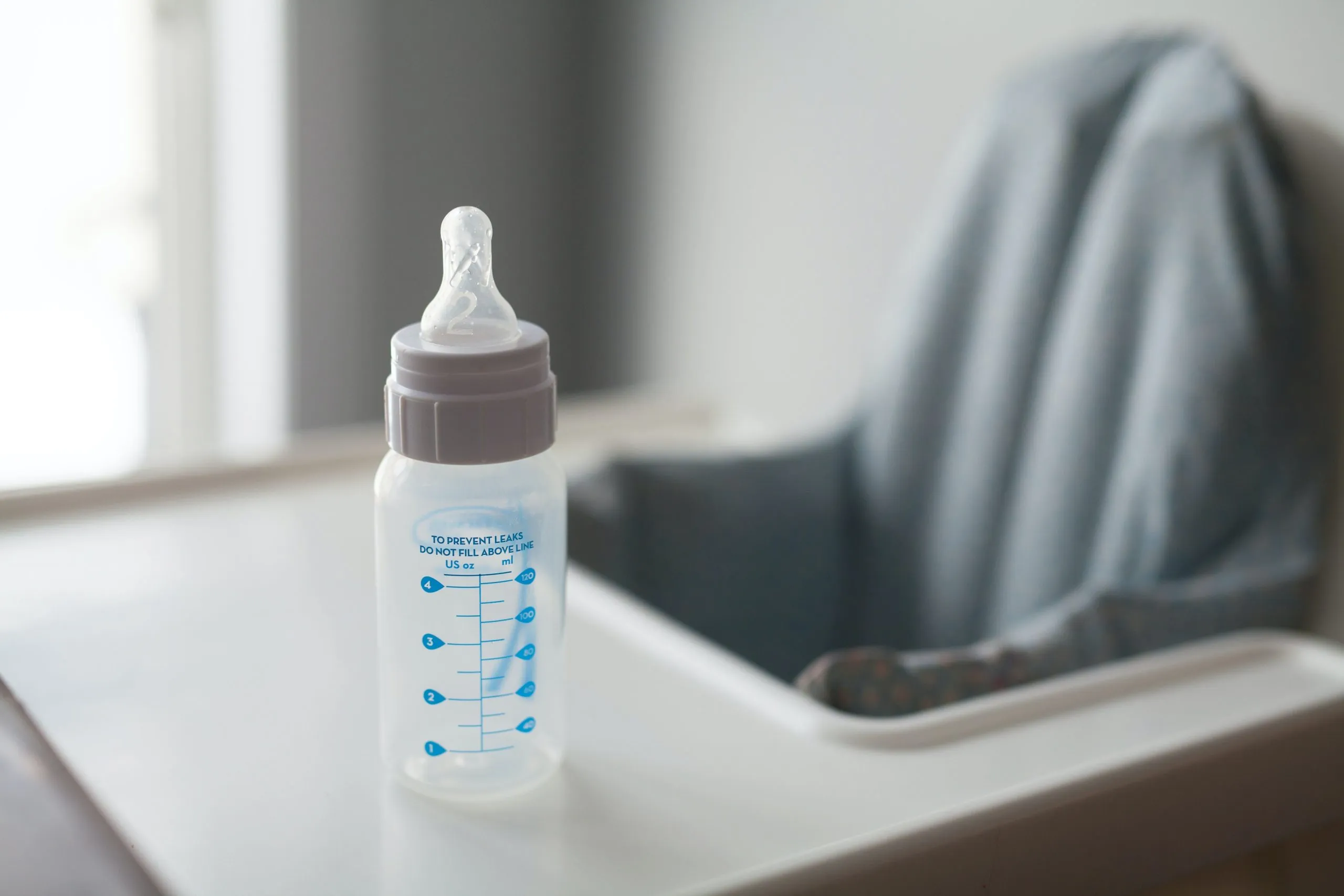Parents rely on baby formula to feed and provide the necessary nutrients to their infants. Breastfeeding, the most preferred way of feeding babies, has been impractical for many reasons. And now, with the recent baby formula shortage, parents, especially mothers, are scrambling to ensure that their little ones get the nutrition they need.
This crisis did not happen overnight. Every industry is having problems with its supply chain due to this ongoing pandemic, and the baby formula market is not exempted.
In September 2021, the whistleblower reported to the FDA about contamination issues in Abbott’s baby formula plant. The FDA had only acted in Dec 2021 before they inspected the facility in January 2022, which they ordered to close.
In February, Abbott had voluntarily recalled its products, and when a manufacturer holds more than 40% of the market share, a shortage is inevitable.
Four major manufacturers control 90% of the US baby formula market: Abbott Nutrition, Mead Johnson Nutrition, Nestle USA, and Perrigo Company (Bloomberg).
These four manufacturers do not hold that big of a market share because of a shortage in manufacturers. Reports say that one barrier to entering the market is the stringent laws of the regulatory agencies. I’m not saying that it’s wrong. On the contrary, I applaud these agencies for protecting the next generation from unsafe and even counterfeit products. However, these high barriers prevent more players (even reputable manufacturing brands abroad) from supplying the market.
In addition, about 3 in 4 parents rely on baby formula either to supplement their breast milk or to exclusively feed their babies (The Guardian), either by choice or by necessity. Many mothers cannot breastfeed because of some medical condition, because they are not producing or not producing enough milk, or because they cannot afford to stay at home and breastfeed. The United States is one of the countries without paid maternity leave, and it’s a sad reality that we cannot support mothers in this one of the most critical milestones in their lives.
The good news is that the government has started taking action to address this crisis. On May 16, Abbott was allowed to re-open their plant, provided they are supervised by the FDA. Two days after, President Biden invoked the Defence Production Act to increase the supply of baby formula in the US. This move orders manufacturers to first supply the orders of companies before consumers.
Another solution is to allow the importation of baby formulas into the US. With “Operation Fly Formula,” the government allowed the importation of baby formula to fasten the importation by mobilizing military and commercial carriers to fasten the importation of baby formulas. 1.5 million 8-ounce baby formula bottles produced by Nestle S.A. will be imported from Zurich, Switzerland, to Plainfield, Indiana, to be brought by US commercial carriers.
These solutions are in addition to other steps the government is taking to address this crisis.
While we wait for the milk formulas to be available in our local stores and supermarkets, what can parents do now?
Try other baby formulas: parents can switch their baby formulas to other brands like By Heart or Bobbie. Pediatricians and experts deem it safe, provided your baby is not under a specific dietary regimen or needs. If so, it is still best to consult your healthcare provider or pedia.
Get breastmilk: another option is to get breast milk from friends or milk banks. What’s good about us is that we help each other in times of crisis. Mothers are pumping and donating their breast milk to banks to help meet the demand. If you are getting it from a friend, don’t be afraid to ask for their medical history if needed,
What you don’t want to do is to make your own formula. Baby formulas contain proteins and other nutrients critical to your baby’s growth and development.
Another thing the experts and pedias are highly against is diluting the baby formula with water. In addition to the risk of using contaminated water, diluting formulas with water changes the required formula concentration. ABC News medical contributor Dr. Alok Patel mentioned during his interview with ABC that they had seen children hospitalized because of this.
Some parents, out of desperation, use cow’s milk. Experts have advised only to use cow’s milk in urgent cases and should not be used for a prolonged period, and should be avoided at all costs for babies under six months old.
The government is working round the clock to solve this crisis. If you are one of the countless families affected by this shortage, the HHS has a page dedicated to questions, concerns, and sourcing of baby formula. Additionally, the FDA answered the most common questions parents have about infant formula on their website.
Sources:
- https://www.washingtonpost.com/parenting/2022/05/12/formula-shortage-parents/
- https://www.npr.org/2022/05/18/1099937734/biden-invokes-defense-production-act-for-baby-formula-shortage
- https://www.whitehouse.gov/briefing-room/statements-releases/2022/05/19/biden-administration-approves-first-operation-fly-formula-mission/
- https://www.fda.gov/food/people-risk-foodborne-illness/questions-answers-consumers-concerning-infant-formula
- https://www.washingtonpost.com/opinions/2022/05/21/abbott-ceo-robert-ford-formula-elevil/
- https://www.bloomberg.com/news/articles/2022-05-20/baby-formula-shortage-shows-risk-of-us-industry-concentration







